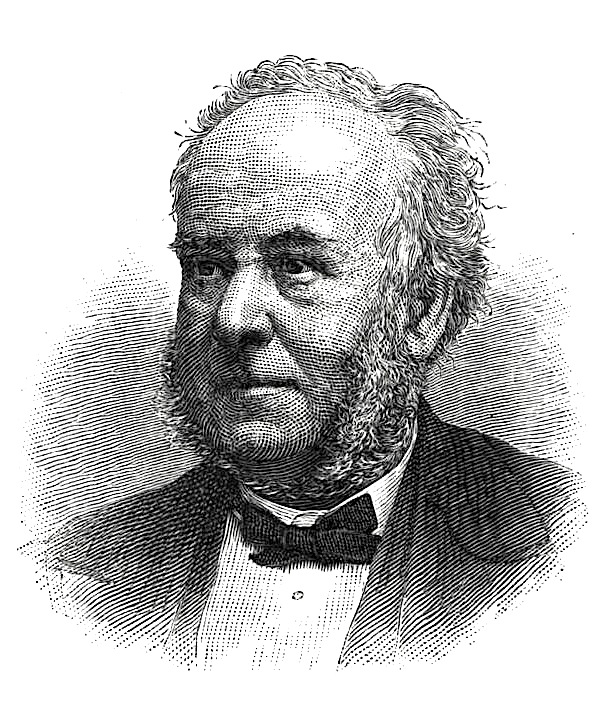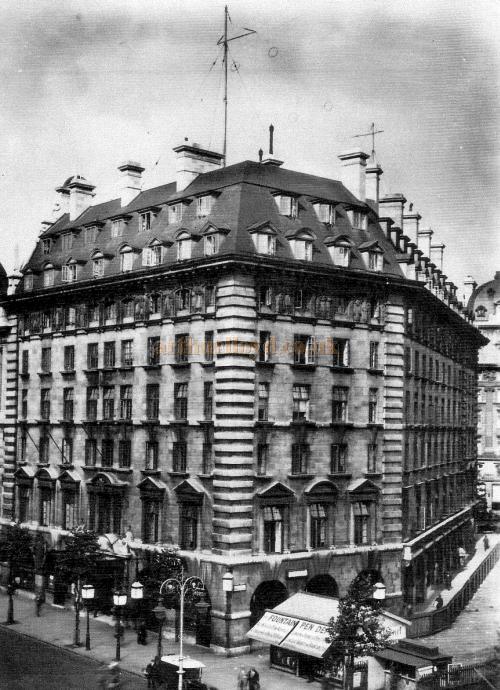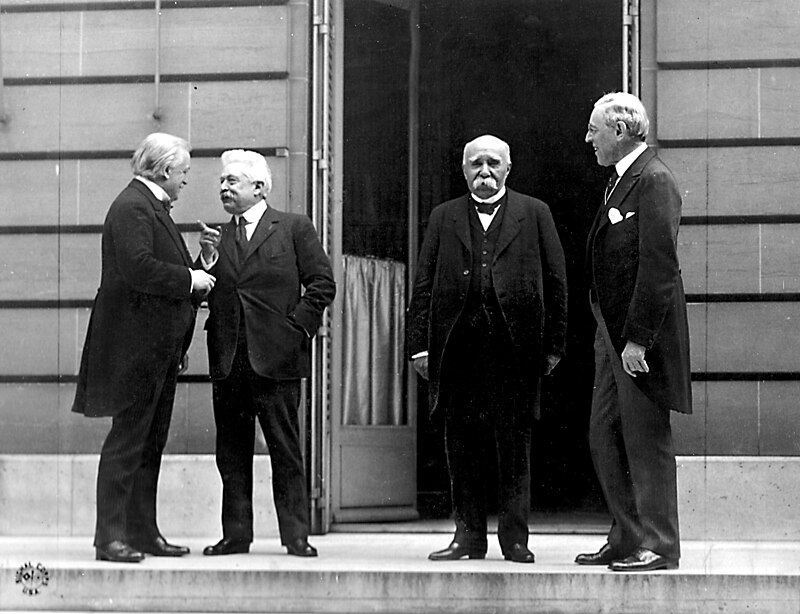Hello again and thank you for your patience! I would have had the Friday and Monday uploads ready but I'm afraid I was away from home from Friday to Monday exactly, so didn't have any spare time to post the two chapters. Plus I haven't have the time recently to continue writing chapters ahead, so may need a short break after this, Chapter 5, to catch up at least a few chapters ahead so I have something to release on drop-days. Again thank you for your patience!
=====================
Chapter 5
Post War United Kingdom had still been governed by Prime Minister David Lloyd George, who started divisive to his own party, splitting the Liberals into loyalist Lloyd George Liberals, and opposition Asquith Liberals under former Prime Minister H.H Asquith; but bed-fellows with the Conservatives, the Prime Minister was still seen in the public eye as at the peak of his game, an opinion shared with applause of his Premiership over the Great War and it's aftermath. In 1918, Lloyd George called on an election which, competing in a coalition of Conservatives and his own Lloyd George Liberals, won a large majority, crushing the Asquith Liberals who however still retained opposition, and still coming away with more seats than the up-and-coming Labour Party. H.H Asquith himself did not come out of the election unscathed, with his seat lost, but retained his leadership of his branch of the Liberals. David Lloyd George continued to see a climb of popularity following on from the election after successful social reforms, and the Treaty of Versailles signed in France.
The Big 4 of the Versailles Peace Conference, Left to Right; David Lloyd George, Vittorio Emanuele Orlando, Georges Clemenceau, and Woodrow Wilson
However, shortly after, in 1922, the fall of the Lloyd George Liberals would begin. David Lloyd George reached his pinnacle and would face a turbulent year.
Fissures in the coalition between the Conservatives and Lloyd George Liberals would arise, antagonised by the Irish gaining their independence from the Union, and the seeming unwavering willingness to strike up Anglo-Soviet relations so soon after the Bolshevist Uprising. Further compounded by attempts to establish a self-governing India and a year and more of a wave of union strikes and economic downturn. Some Conservatives were tired of being on the losing side of government, and scandals in 1922 caused by the awarding of honours and titles in return for cash was the final straw with the Conservatives, with calls following demanding that Lloyd George resign over a lack of executive accountability.
The event that spelled the end for the Prime Minister's time in office however was the potential war he would be willing to go under with Turkey over the Chanak Crisis. Calls for resignations rung out louder and more collective. Prominent Conservative figure Austin Chamberlain called a meeting to chair with other Conservative members to discuss the existing coalition, and the forthcoming election felt in the air from all the scandals striking blows on the Premiership of Lloyd George.
Attended by names such as Bonar Law, Stanley Baldwin who had returned from retirement, and Lord Alfred Milner. Discussion span around the room from member to member. Law suggesting that breaking the coalition “wouldn't break Lloyd George's heart” whilst Baldwin added harsher comments like that Lloyd George would “tear the Conservatives apart”. However, plenty of members were present on the other side of the argument, supporting the continuation of coalition conditions, on account that if Lloyd George fell and his branch of the Liberals fell, the swing of votes to the H.H. Asquith Liberals could push them into a majority government. To decide officially on the issue once and for all, a vote was called, to decide if the Conservatives would fight their own battle in the General Election. With the vote of around 275 members across the entire benches of the party occurring later in the day, the results were as follows; 141 Aye votes, 100 No votes, Three abstentions. A rough percentage outcome of 58% to 42%.
Austen Chamberlain agreed to step down from the leadership role, as he could see there needed to be a member of the Conservatives to lead who would be suitable for both sides of the party, with a result of 58 – 42 percent. Discussion turned among the members as to who could fill in the role, and after lengthy arguments and dealings, a decision was agreed upon, some more begrudgingly than others.
Lord Alfred Milner was the favourite of the discussions on who should lead the party into the General Election. The previous candidate to replace Lloyd George before a no confidence vote after the Maurice Debate; Lord Alfred Milner had been around the upper eschalons of Lloyd George's Government since the Great War, first as a member of the British War Cabinet, before becoming Secretary of State for War, before finally landing a position as Secretary of State for the Colonies. He would be a popular choice for Prime Minister, as the groups thought.
Previously on Breaking News; Lord Alfred Milner, proposed as Leader in the 1910s, became leader in the 1920s
The meeting was called to an end, and signed off with the statement;
“That this meeting of Conservative members of the House of Commons declares its opinion that the Conservative Party, whilst willing to cooperate with Coalition Liberals, fights the election as an independent party, with its own leader and its own programme.”
And predictions by the Conservatives and Austen Chamberlain were correct, by the second half of 1922, David Lloyd George resigned as Prime Minister, and called upon a new General Election. The General Election was scheduled for October 1922.
The results of the 1922 General Election were called on as a realigning of politics in the United Kingdom. The infighting between the Lloyd George and Asquith Liberals led to their collapse at the polls. The conservatives won a very comfortable election with a stable majority, under the wing of Alfred Milner, whilst the biggest gains were by the Labour Party, headed by J.R. Clynes put them into official opposition.
Alfred Milner accepted the win for the Conservatives, and quickly got around to compiling his Cabinet, which by the end included many leading conservatives from each side of the party.
1922 General Election Results;
615 Seats in House of Commons
Conservatives – Alfred Milner – 323 – 52.6%
Labour – J.R. Clynes – 146 – 23.8%
Asquith Liberals – H.H Asquith – 78 – 12.7%
Lloyd George Liberals – David Lloyd George – 53 – 8.6%
Independent Conservatives – Assorted Members – 3 – 0.5%
National Party (NI) – Joseph Devlin – 3 – 0.5%
Communist Party – Albert Inkpin – 2 – 0.17%
Others – Assorted Members – 7 – 1.23%
Big 6 of Alfred Milner's Cabinet;
Prime Minister and First Lord of the Treasury – Lord Alfred Milner
Chancellor of the Exchequer – Neville Chamberlain
Secretary of State for Foreign Affairs – The Marquess Curzon of Kendleston
Secretary of State for the Home Department - Stanley Baldwin
Secretary of State for the Colonies - The Viscount William Robert Peel
Secretary of State for India – Leo Amery
=====================
The race for radio news intensified over 1923, as the British Empire Exhibition went into full swing, and the BBC ramped up their efforts to become the major source of radio news in the United Kingdom. The increase in competition started with the BBC being officially granted a licence to broadcast Radio News Bulletins by the UK Postmaster General.
Frank Lloyd knew the noose with tightening around his project, the Watkin's Tower radio station, after the BBC had been licensed before his project had been and to be completed enough to be able to exhibit at the British Empire Exhibition. Lloyd knew he needed funding, to double the speed and bring the finishing line closer to his favour. For this, he turned to his fellow Newspaper Barons, who he had successfully built a repertoire with over their collective rallying against the BBC using newspaper headlines. As well as the local railway services who would be fed increasingly and incessantly by new traffic coming to see the wonder of Watkin's Tower realised, and not just for the British Empire Exhibition! A landmark that would be permanent on the horizon and continue to bring in tourists and day travellers.
This funding was found, after weeks and months of bartering, debating, and arguing. The boards of the Metropolitan Underground and Great Central Railways, both using local lines, agreed easily to fund the project, with the oversight that it would easily be paid back by the travel to the location. Exhibitors at the British Empire Exhibition also were easy to agree to funding, with the caveat that they would get space in the radio broadcast's advertising slots, and some asking for small metal signs; agreed to be at the base of the tower than the very top. Harder however, was the newspapers, selecting carefully from Fleet Street and beyond, Frank Lloyd found assistance in multiple Labour and Liberal leaning newspapers, who had heard the news of the BBC getting the licence, and wanting to set up competition before the Conservative government could bring it in as state owned media.
With the funding gained, and the British Empire Exhibition just about to open it's doors, Frank Lloyd and the Daily Chronicle finally and successfully opened the second radio station in London in 1924. In the north of London, aimed at the newly built suburbs, the exhibition centre, for tourists, and commuters, the radio station ran under it's new name, sounding out inside of the halls of the British Empire Exhibition, 2WP had become the official competitor to the BBC.
The BBC however, was not going to let 2WP operate without a fight, with the BBC there on opening day, to air the ceremonies live, whilst 2WP was inside the halls, being heard by the visitors and stall holders. Off the back of this fight inside of the British Empire Exhibition the Postmaster General once again had the tough challenge to decide whether to provide 2WP with the Licensing it needed to broadcast to the masses, in all terms against the BBC, or to stop them from broadcasting and let the BBC be the only stop for Radio News Bulletins. Behind the scenes of the government, Press Barons pushed in hard on new Prime Minister Alfred Milne to support the licensing of 2WP, giving another thing for the Postmaster General to think about.
A postcard of the British Empire Exhibition of 1924, birthplace of the BBC v 2WP Rivalry











